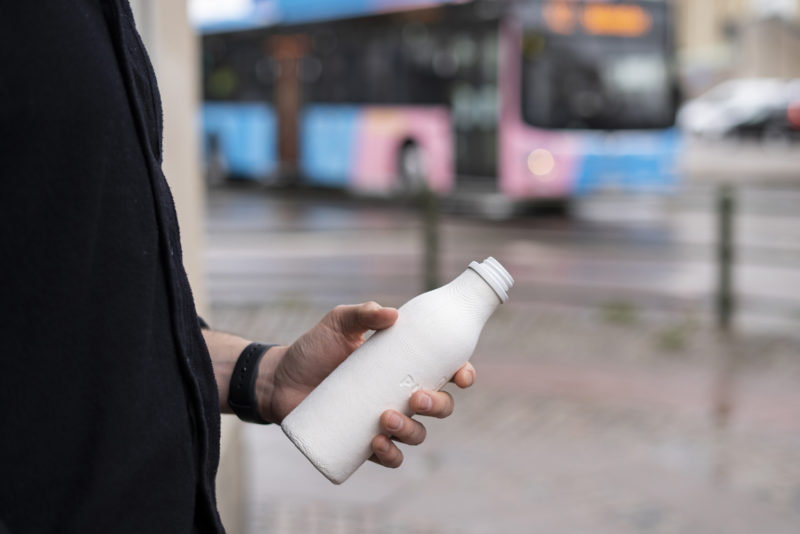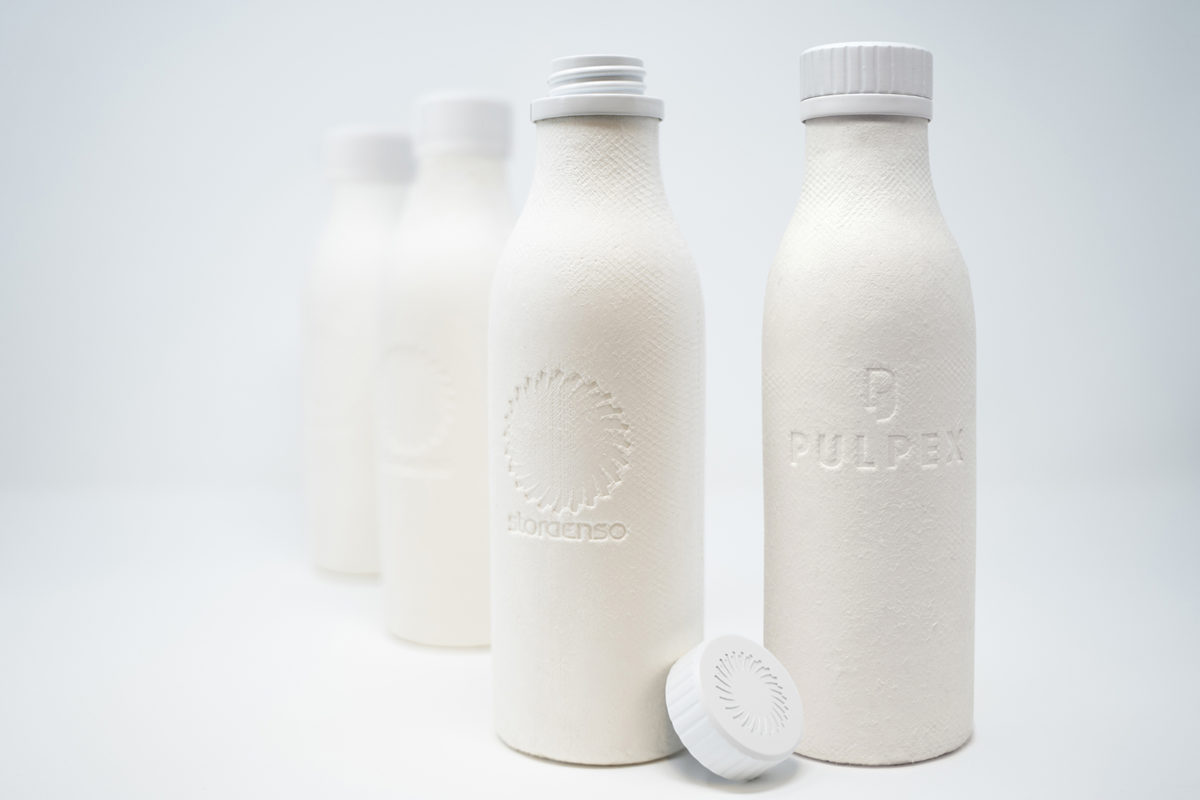Wood-based bottles for liquids scheduled for production in 2022

Wood-based bottles are about to become an option for beverage bottles made of glass or PET plastics. At the same time, Stora Enso and the packaging technology company Pulpex will start manufacturing other formed-fibre packagings.
The goal is large-scale industrial manufacturing of bottles and packagings that are made of wood fibre, renewable, recyclable and biodegradable. The media release by the two companies mentions that as regards just bottles, the target is to produce 750 million per year.
Packagings made of wood fibre can be used for a range of products, some of which are homecare and personal care products, alcoholic and non-alcoholic beverages and liquid foods.
The products are designed to serve global brands. One of the customers mentioned in the release is Diageo, the owner of such brands as the Johnnie Walker whisky, the Smirnoff vodka and the Guinness beers. Other worldwide brands that will start using the wood-based bottles include Pepsi, Unilever, GSK Consumer Healthcare and Castrol.
Stora Enso and Pulpex are designing a high-speed production line, which is expected to be operational in 2022.
‘We see great potential in combining development skills of Pulpex with our industrial capabilities,’ says Sohrab Kazemahvazi, SVP Formed Fiber at Stora Enso in the media release.
Bottles and packagings made of wood fibre perform well in comparison to conventional beverage packagings. Their significant advantage is that their carbon footprint is considerably smaller than that of PET or glass bottles.
Wood fibre bottles are compatible with the current filling equipment of beverage producers. After use, the bottles can be recycled as paper or paperboard.
At the moment, about 40 percent of beverage packagings are made of plastics. Only about 30–40 percent of all plastic bottles are recycled in the EU and the USA, while the recycling rate of paper and paperboard is almost 80 percent.
Previously in the Forest Bioeconomy Future Catalogue on 14 Dec 2016: Biodegradable wooden bottle
